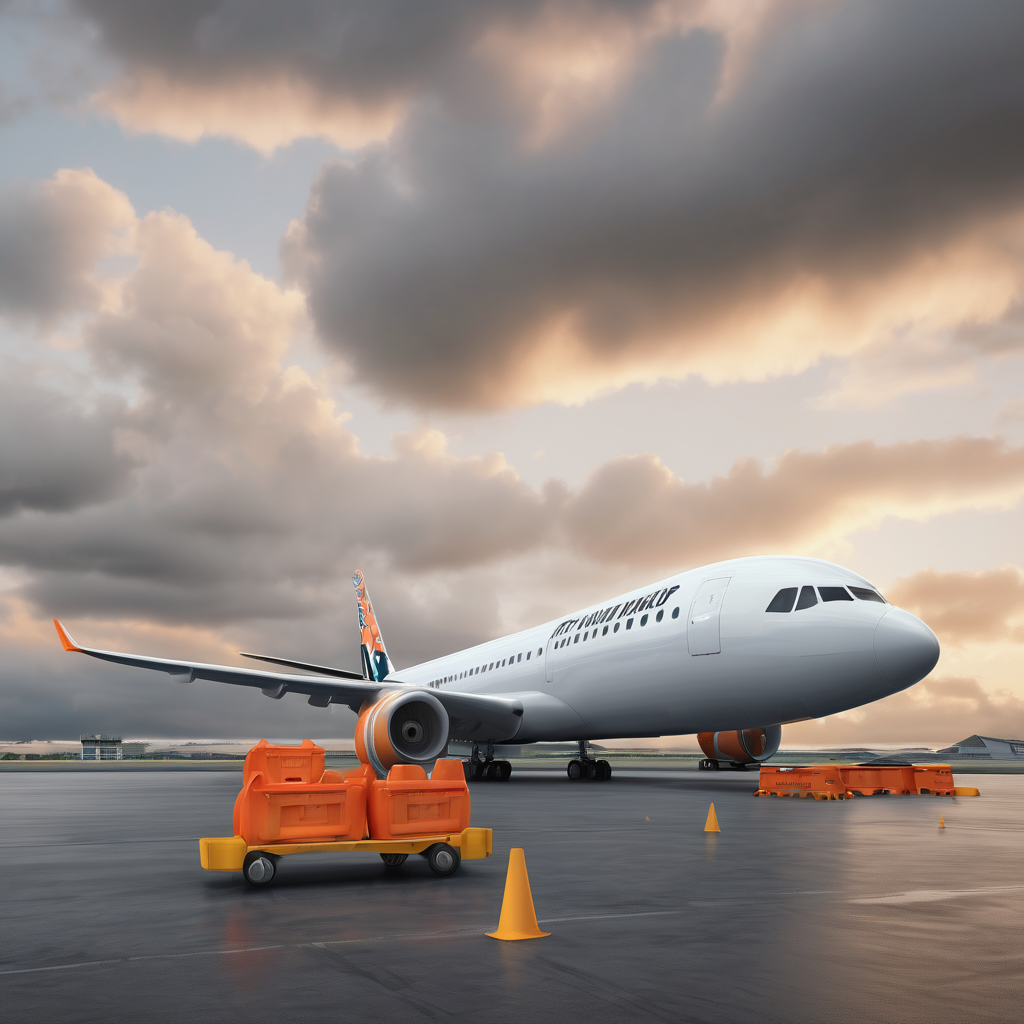Transportation Secretary Sean Duffy has announced a potential 10% reduction in air travel capacity at 40 major airports across the United States due to the unprecedented length of the ongoing government shutdown. This decision stems from growing concerns about air traffic safety, as many air traffic controllers have reported extreme fatigue from working without pay for an extended period.
During a briefing on Wednesday, Federal Aviation Administration (FAA) Administrator Bryan Bedford described the current situation as unusual, noting that approximately 13,000 air traffic controllers are operating without compensation. This has led to an increase in sick calls and controllers seeking secondary employment. Consequently, the FAA plans to gradually implement flight cancellations, starting with a 4% reduction this Friday and increasing to 10% by the following week.
The FAA will provide details regarding which high-traffic airports will be affected by these cancellations. The substantial reduction in capacity could result in between 3,500 and 4,000 flights being canceled daily. However, Secretary Duffy reassured the public that air travel remains safe, emphasizing that these measures are essential for maintaining the safety and efficiency of the airline system.
Airlines are currently evaluating the implications for their schedules. American Airlines, the second-largest carrier in North America, is awaiting further guidance from the FAA to determine the specific flights that may be impacted. The airline expects that most passenger travel will continue without interruption. Similarly, Southwest Airlines is assessing how these limitations will affect its operations and plans to keep customers informed promptly.
This evolving situation is occurring amidst rising fatigue and stress among controllers, many of whom are struggling to manage their finances in light of unpaid work. Nick Daniels, president of the labor union representing aviation workers, highlighted the severity of these challenges, sharing that controllers have communicated difficulties in covering essential expenses such as commuting costs.
The government shutdown has also led to record staffing shortages at airports, with reports indicating significant controller absences at over half of the nation’s 30 major airports. Secretary Duffy hinted at the possibility of implementing further measures if the shutdown persists, underscoring the urgent need for Congress to resolve the funding stalemate.
The aviation industry has been under increasing strain since the onset of the shutdown, resulting in heightened delays and flight cancellations. Notably, during a previous shutdown in 2019, airlines faced significant disruptions due to similar staffing issues. Given that the holiday travel season is approaching, industry executives are alarmed about potential impacts on travel bookings.
Despite these challenges, there is optimism that ongoing negotiations in Congress will lead to a resolution, enabling a return to normal operations while ensuring safety and stability across the aviation sector. The FAA and the Transportation Department are committed to prioritizing safety as they navigate this challenging period.
